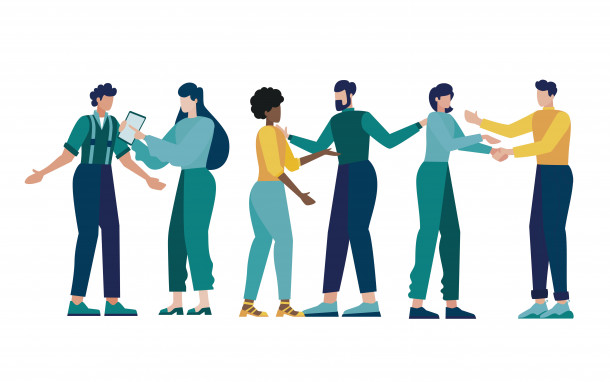What is Intercultural Dialogue

The need for ICD
Globalization continues to shrink the world, bringing diverse cultures closer together than ever before. This myriad of cultures can be a powerful force for supporting sustainable development and harmonious coexistence through a mutual understanding of cultural differences. The benefits that diversity can offer to a community are not always immediately evident and can stall progression as societal challenges dominate local conversations. The first step toward supporting multiculturalism is through communication amongst diverse groups. It is the foundation for peaceful societies that will help us achieve the 2030 Agenda for Sustainable Development.
Where does ICD take place
The power of Intercultural Dialogue is that it can take many forms that are constantly evolving. They can be verbal or non-verbal, in-person or virtual, between two or more people, or between groups. It can also be used to stimulate reactions to art at museums and galleries, in festivals and workshops, and to engage civil society groups. Intercultural Dialogue must be supported by direct intervention, particularly in societies that face grave challenges. Intercultural dialogue, when supported by an enabling environment, has the capacity to achieve peace and develop sustainable societies as it can be implemented anywhere and remain effective.
What can ICD achieve
Intercultural Dialogue’s potential to achieve Sustainable Development is promising. Through its capacity to support spaces and opportunities for dialogue – combined with individuals practicing respect, listening, and a willingness to change perspective – it builds social cohesion and trust among diverse groups, upholds human rights, and contributes to conflict prevention and resolution. Intercultural dialogue can achieve a variety of positive outcomes with community support. The e-Platform will highlight these strengths and showcase how diversity and Intercultural Dialogue can achieve the 2030 Agenda for Sustainable Development. See how communities embrace differences in diverse settings through our good practices.


